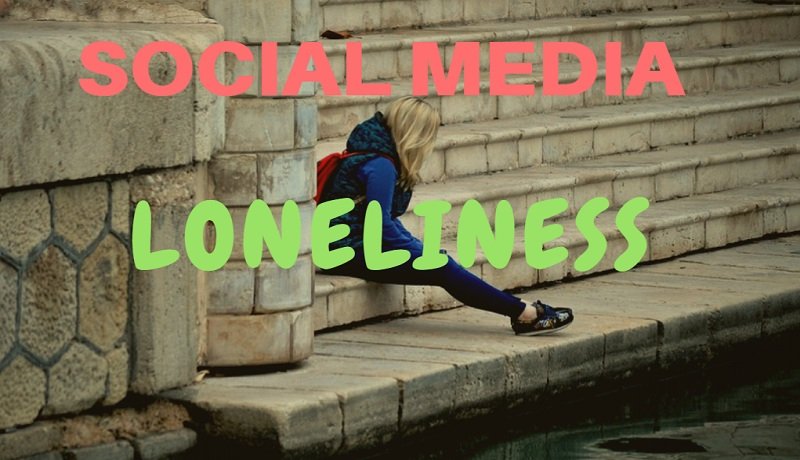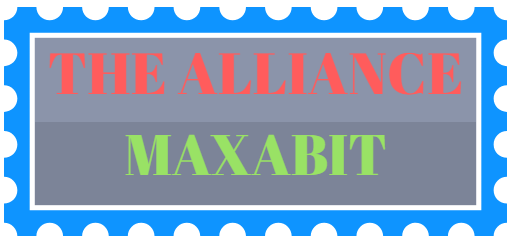
I remember the buzz that Facebook created when it became popular. It was supposed to enable the next level of socializing where you would be always connected to your friends and contacts. But with new technology like Facebook and Twitter, also came the drawbacks.
Over time people found it more convenient to interact only on Facebook and Twitter. While you could write your social message in a short tweet on Twitter, Facebook gave the opportunity of actually having a conversation. But seemingly, the advantage was that you could reply or comment anytime you wanted, unlike a face to face conversation or a talk over the phone.
While this must have increased convenience at the time it also increased loneliness and social anxiety. There is a certain camaraderie associated with a personal conversation in front of the person you are speaking to which is missing on a social network. It also leads to a certain a paranoid feeling of meeting people since online contact becomes a habit.

Success today is defined as your popularity on social media. It is a combination of how many likes you get and the number of people who follow you. Anyone who has low numbers in these two aspects is considered an unpopular person. Lower numbers also increase social anxiety and the feeling of loneliness. It is a vicious cycle where each factor facilitates the other - social anxiety exacerbates loneliness and vice versa.
Moreover, the same symptoms cause people to use social media even more as they long for greater acceptance. They start using Facebook more and more and become part of a system where real popularity is measured in likes and follows.
In fact excessive use of Facebook and other social media sites leads to an addiction. It is a real addiction because according to research the same area of the brain is affected as cocaine users. In turn, an addiction to social media causes other forms of stress and bouts of anxiety.
Burn out and depression are also known to be caused by the excessive use of social media. Those who are addicted cannot do without their favorite social media site. For example, a Facebook addict will access it first thing in the morning and he will go to sleep only after browsing the feed for the newest updates. To make it worse, all social media sites have a continuous feed that keeps bringing updates whether it is day or night - it never stops.

You may have heard young people acknowledge their addiction to social media but very few come forward to admit that it causes anxiety and stress and proceed to find steps to reduce it.
Those who are older are well aware that it is a few good friends that you really need to beat loneliness and be happy in life. But the impression created by social media is that the more friends you are connected with, the less likely it is that you will be lonely.
To conclude, dependence on social media sites creates loneliness on one hand and stress plus anxiety on the other. Long hours on these sites create an addiction which can lead to health problems and also negatively affect work performance and quality of life.
Would you please UPVOTE and RESTEEM this post so that it can reach others too? Also do FOLLOW me for more useful and interesting posts.





A Few Of My Previous Posts You Will Enjoy Reading!
Keep Your MIND OFF The Negative
Success Is Not An ACCIDENT On Steemit
STEEMIT vs Blogger vs Own Domain Website | Which Is BETTER?
Water Fasting - A Day WITHOUT Food
Wish For Something Else, Not Money

Image sources: Pixabay, Giphy, Canva
